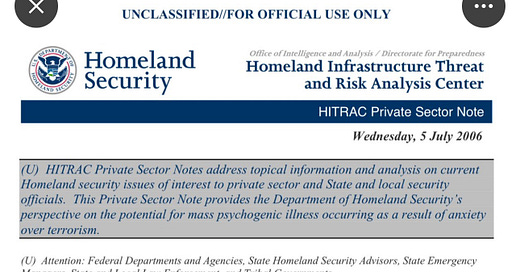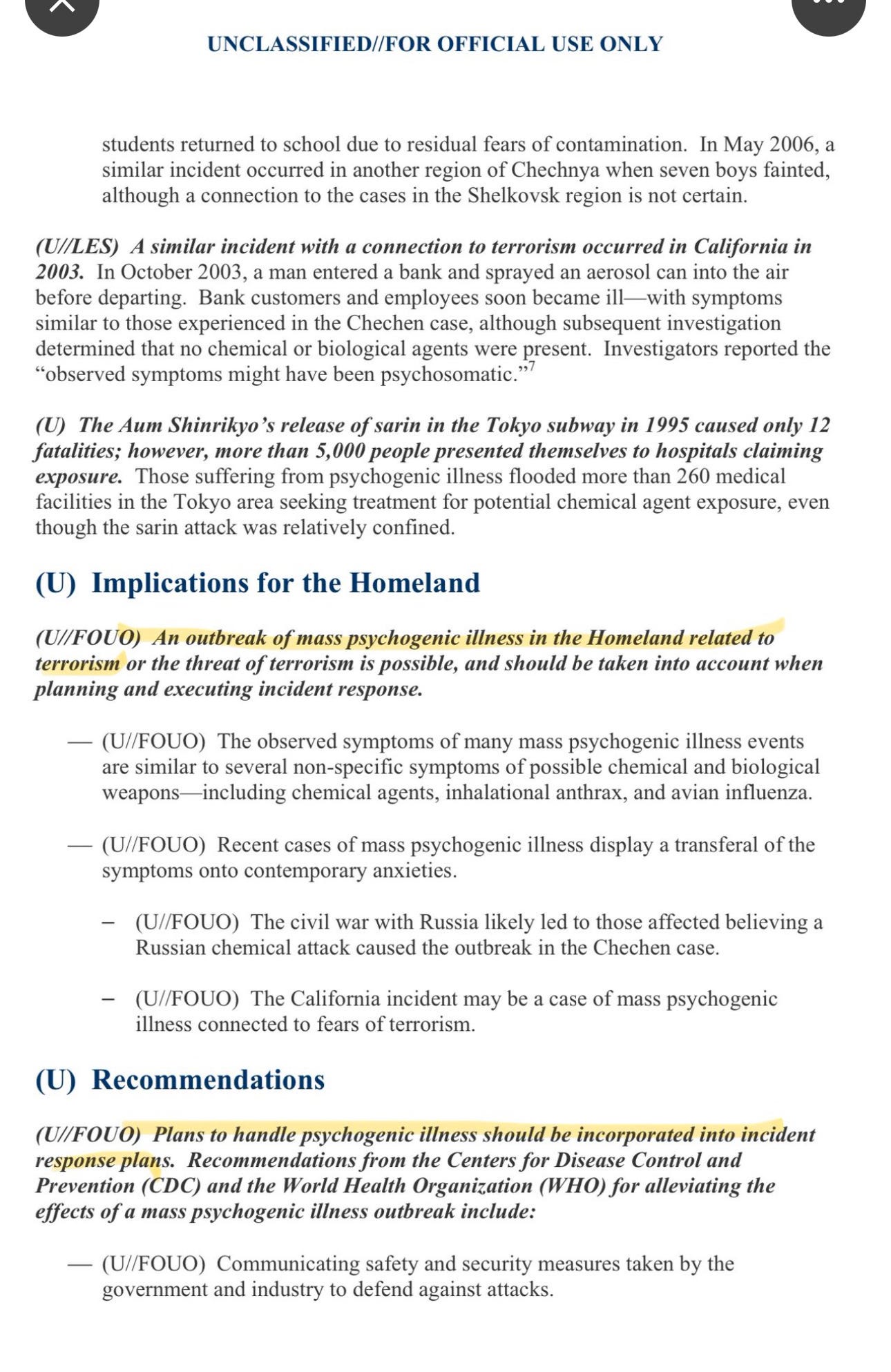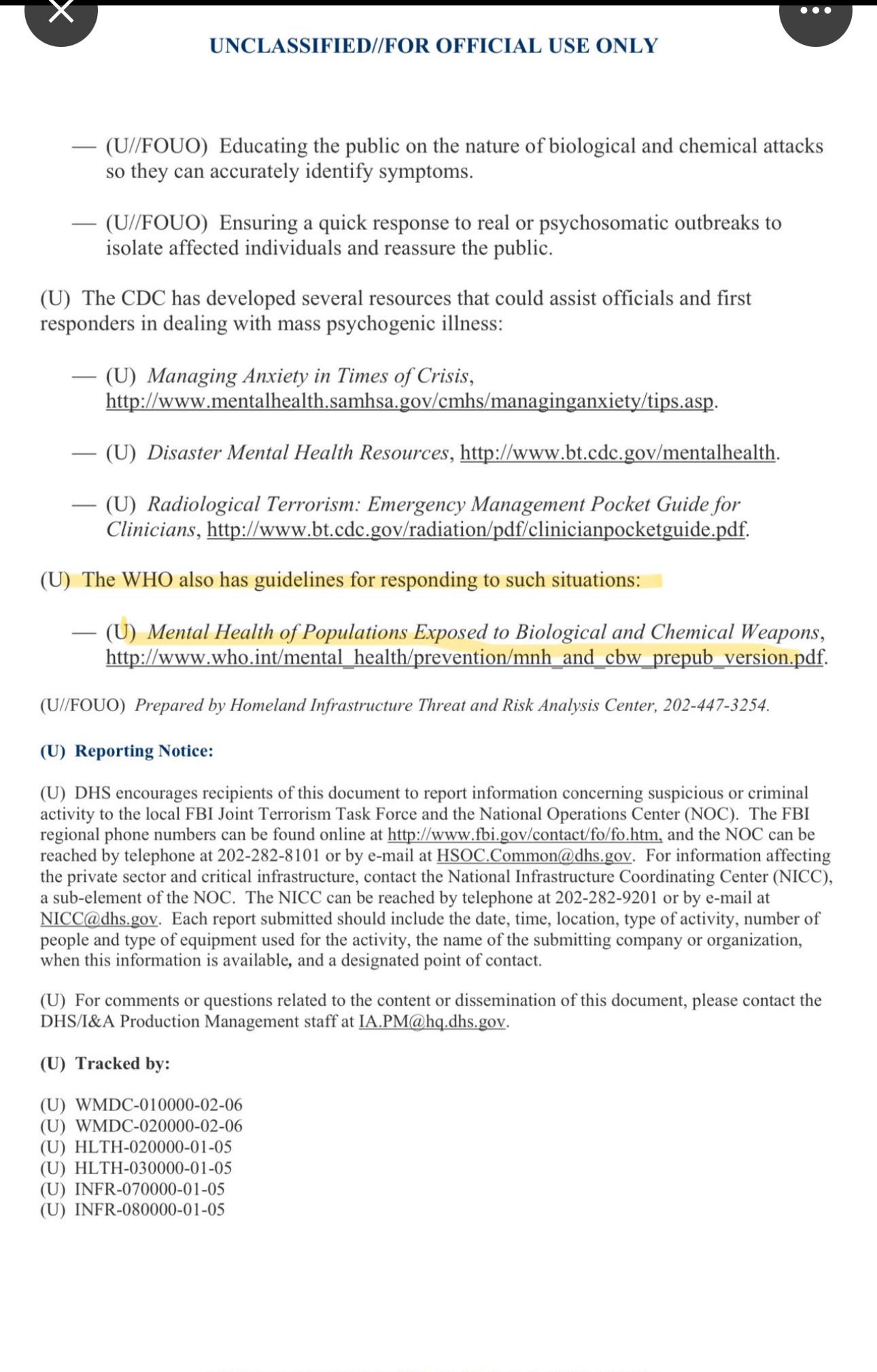But I was ill… What else could it be?
Must it be contagion?: an evolving repository of alternative reasons for illness.
So entrenched is the notion of “infectious pathogens causing our disease” that many see it as a default ‘natural’ explanation or even as the only one.
This is despite many other medical systems across the world somehow managing to miss the phenomenon completely for thousands of years.
This post reminds that the relatively new concept of contagion is no more essential for the understanding of illness than other ‘transmission’ models like ‘medieval invading devils’ and ‘curses’ were…
…despite the opposite appearing the case to the majority of people at the time (possibly).
Also that these last two ‘transmission phenomena’ and many others including those honestly witnessed over last few years can be understood another way…
…in the light of William B. Cannon’s foundational work on fear and illness, now alluded to by the term: nocebo effect.
At the foot of the post is a growing list of relevant studies. First, a collection of more usefully shareable material.
A one minute answer
Alec Zeck’s handy one minute video, posted by Mike on his Telegram channel February 28th makes for a quick effective response to challenge the notion that contagion is the only possible explanation.
https://t.me/DrMikeYeadonsolochannel/736
“I second this gentleman’s assertion that many things can render us unwell.”
1 minute
From Mike June 22nd 2024
I have many times posted plausible alternative explanations for the apparent contagiousness of acute respiratory illnesses, and such posts can be found on the Telegram channel.
https://t.me/DrMikeYeadonsolochannel
I’ve pointed out that there are two basic reasons why people accept the contagiousness lie:
1. Coincidence. We get colds sufficiently often that, when we look back over the recent past, we often find that we were close to someone who then had symptoms of a cold and blame it on them. However, how often do we run the company counterfactual, encountering someone with a cold, yet not developing one ourselves later?
2. Shared environments and susceptibility. It’s unnecessary to assume contagion when two or more people go down with a cold close together in time. While the pattern is indeed consistent with contagion, it’s also equally consistent with exposure to common environments that might trigger acute respiratory illnesses such as cold weather, or shared susceptibility, such as too little or too much of certain foods or other patterns of behaviour.
To those who claim “I had THE worst illness I’ve ever had in 2020 & it was far worse than flu”. I point out that most of us don’t have many episodes of what we call influenza in a lifetime. Perhaps 2-3 such cases so bad that you remember being bedridden for a few days. I certainly have been in two occasions.
Statistically, anyone who developed a flu like illness in 2020 or subsequently, had a not small chance that, by sheer luck, was worse than the couple of episodes they’d had in the past. So that claim to “the worst flu like illness ever”? It’s EXPECTED. It happens every year that a sizeable minority of those who contract flu in a given year experience the worst episode they’ve ever had.
So, even if large numbers of people had that experience, while it’s consistent with the idea that “there’s something particularly nasty going around”, it’s equally true that it’s expected. Thus, it cannot objectively be cited as “evidence of a pandemic virus, probably from gain-of-function research and possibly released deliberately”.
Best wishes and thanks!
Mike
Suavek’s compilation
More Telegram posts from Mike curated by Suavek.
Toxicology
Poisons exist and harm but they don’t replicate.
They aren’t contagious but they cause our efforts to remove them: (illness).
In the rare occurrence they may shed, they are unlikely to shed enough to lead to a further knock-on shedding to a third person.
Malnutrition hinders toxin removal and general health.
EMF including 5G
A huge area: Some would say the most important mechanism for unusual illness.
Papers and links and articles to be added below via comments.
Toxicology and EMF exposure
Malnutrition …
What else?
One more major player, especially in the last few years…
Psychogenic illness
From January 2nd 2024
https://t.me/DrMikeYeadonsolochannel/382
https://vxtwitter.com/joshwalkos/status/1742046812091912678
This is VERY interesting. Wondering about how people swear they’ve been ill, while objective evidence indicates that there is no additional lethal influence upon the population?
This phenomenon plausibly goes some way to offer an alternative explanation for “contagion”, where a person swears blind they were ok until after they’d visited others who had been jabbed?
The single most important observation is that the authorities were very familiar with how this happens and how to exacerbate it. Which is, I believe, what they did early on & persistently.
Best wishes
Mike
— — — — —
The Nocebo effect
Psychogenic illness is not restricted to a mass formation version. The Nocebo Effect works on a personal level just as mercilessly.
Though, to get a fellow to sign up personally to stuff like ‘invading devils’, ‘punishment of sins’, ‘invisible microscopic alive-dead invaders’, ‘an overheating globe’ …
… takes a highly orchestrated mass version.
A more colourful and dramatic name for the nocebo effect was coined by the pioneer of this subject.
“Voodoo” death and illness
This excellent short (21 minute) film on the work of Walter B. Cannon could hardly be more appropriate.
“Cannon’s research here helped form the basis of much of our modern understanding of the physiological response systems involved in linking our emotions - such as fear - with illness.
Cannon’s also the guy who coined the term ‘fight or flight’.”
Links
What really makes you ill?
Nobody has been addressing this more thoroughly than
More to be added.
A list of published studies
Comments please. Lack-of-contagion studies go on the post Transmission Failure.
Toxicology
EMF
Nocebo
Anxiety
Malnutrition
…









Quite a lot in The End Of Covid dealt with this myth. Also check @dawn lester
As usual I'm way past my allotted time, but things keep occurring to me... (muffled groans).
It's absolutely right that we get to the bottom of the mechanisms, but particularly so since we are in a time of war, and this may lead to strategies for self-defence against them.
However, zoom out to the wide shot. The science is still in frame, but a lot smaller. In this context the malefactors are far from penitent or on the back foot, as the depopulation in Ukraine and Gaza attests.
As far as the science is concerned they have decades of head-start on us, and it looks to me that we are flat out keeping up with their paper-trail. As Joyce wrote about "Finnegans Wake": "I've put enough in there to keep a hundred professors busy for a hundred years". And that in effect is exactly what they are doing.
Internal squabbling on mechanism theories that may at any moment be overturned in the flood of new information, distracts us from the fact that this is a fight to the death.
Against this wide-shot, it is highly relevant to step to the side, and suggest that we should be looking at what we should be doing to defend ourselves. I've said it before and no doubt I'll say it again:
Police your own streets.
Ensure your street's food supply.
Arrange all the services local government used to organise.
As a priority: Get to know your neighbors. You will be surprised to find they're ok. Identify the useful people.
The most revolutionary thing you can do is hold a street party.
On any pretext.